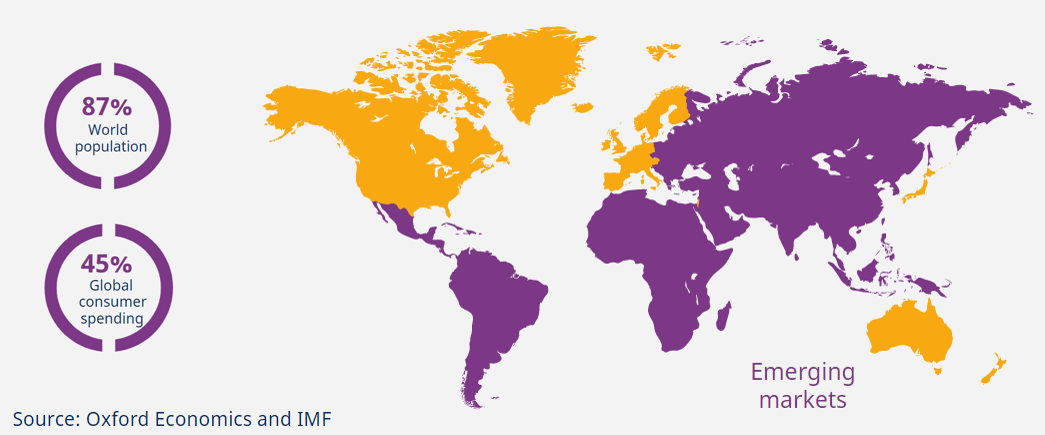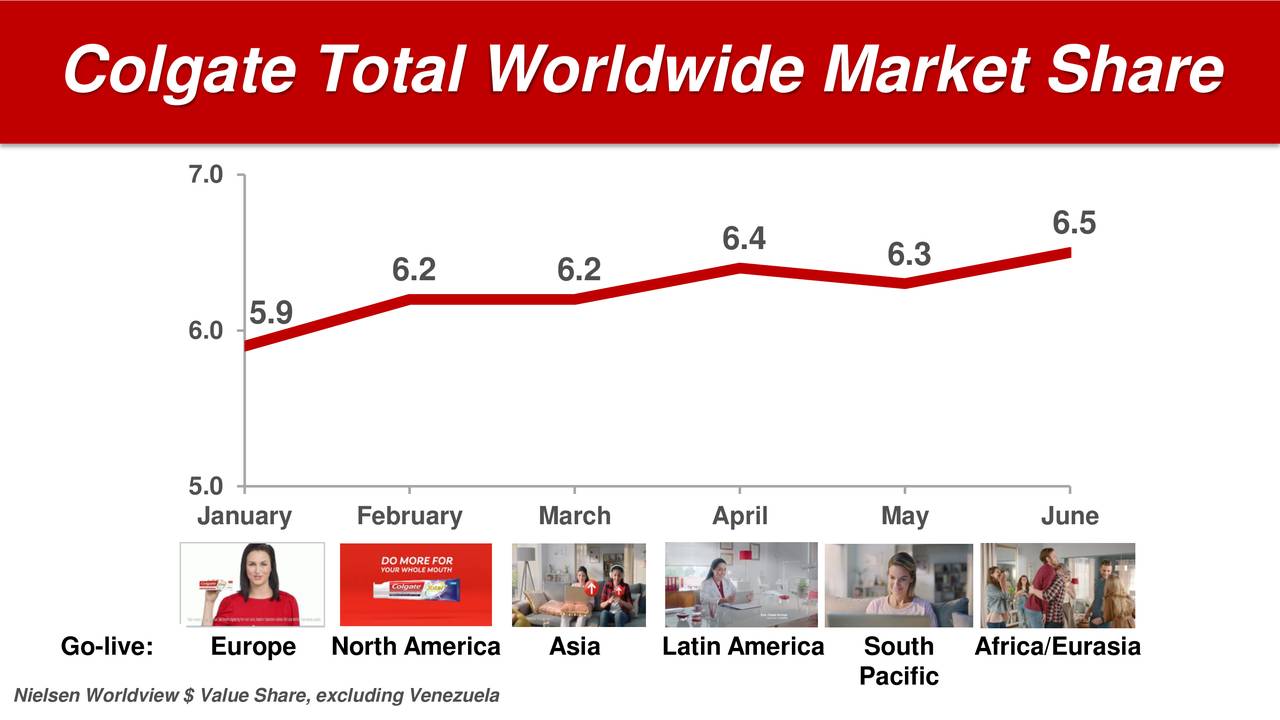Over-the-Counter Birth Control: Examining Its Role In A Post-Roe Landscape

Table of Contents
The Potential Benefits of Over-the-Counter Birth Control
The prospect of over-the-counter birth control offers significant potential advantages for women's reproductive health. Wider access promises to reshape how women manage their reproductive lives.
Increased Accessibility and Affordability
One of the most significant benefits of making birth control available over-the-counter (OTC) is the dramatic increase in accessibility and affordability. Currently, many women face significant financial and logistical hurdles to obtaining prescription birth control. Doctor's visits, prescription costs, and insurance limitations create barriers, particularly impacting low-income individuals and those in rural areas with limited access to healthcare providers.
- Reduced financial barriers: OTC birth control eliminates the cost of doctor visits and prescription fees, making it significantly more affordable.
- Improved convenience: Purchasing birth control like buying other OTC medications increases convenience and removes the scheduling difficulties associated with doctor's appointments.
- Potentially increased uptake of birth control: Easier access could lead to a rise in birth control usage, contributing to better reproductive health outcomes.
However, it's crucial to acknowledge that disparities may persist. Insurance coverage for OTC birth control will vary, and geographic location will still influence accessibility, particularly in underserved communities.
Empowering Women's Reproductive Choices
Over-the-counter birth control empowers women by giving them greater control over their reproductive health. Currently, obtaining birth control often necessitates interaction with a healthcare provider or a partner, potentially creating barriers based on personal circumstances or relationship dynamics.
- Increased autonomy: Access to OTC birth control allows women to make informed decisions about their bodies and futures without external dependencies.
- Improved reproductive health outcomes: Increased autonomy and control lead to better reproductive health planning and fewer unintended pregnancies.
- Reduced stigma around contraception: Increased accessibility normalizes birth control usage and reduces the stigma associated with it.
The convenience of OTC options may also improve adherence to birth control regimens, leading to more effective contraception.
Reducing Unintended Pregnancies
Perhaps the most impactful benefit of readily available OTC birth control is its potential to significantly reduce rates of unintended pregnancies. For women facing barriers to healthcare access, OTC options offer a lifeline.
- Improved public health outcomes: Lower unintended pregnancy rates translate to better public health overall.
- Reduced need for abortion services: Easier access to contraception reduces the demand for abortion, a crucial consideration post-Roe.
- Decreased strain on healthcare systems: Fewer unintended pregnancies alleviate the burden on healthcare systems related to prenatal care, childbirth, and postnatal support.
However, it's crucial that proper education and information are provided alongside access. Effective use and understanding potential side effects are paramount for maximizing the effectiveness and safety of OTC birth control.
Potential Challenges and Concerns Regarding Over-the-Counter Birth Control
While the advantages are substantial, realizing the full potential of OTC birth control requires careful consideration of potential challenges.
Ensuring Proper Use and Education
Comprehensive education on the proper use, potential side effects, and contraindications of different birth control methods is essential for safe and effective use.
- Importance of clear labeling: Clear, concise, and accessible labeling on OTC birth control packaging is crucial.
- Public awareness campaigns: Targeted public health campaigns can educate women about various methods, their efficacy, and potential side effects.
- Accessible online resources: Reliable online resources and educational materials can supplement in-person education.
- Pharmacist consultations: Pharmacists can provide valuable guidance and answer questions, ensuring safe and effective use.
The risk of self-diagnosis and incorrect usage needs to be addressed through accessible educational materials and support systems.
Addressing Potential Misinformation and Misconceptions
Combating misinformation and promoting accurate information about birth control is crucial to ensure informed decision-making.
- Role of healthcare professionals: Healthcare professionals play a vital role in providing accurate information and addressing concerns.
- Reliable online resources: Promoting reliable online resources and fact-checking initiatives is essential.
- Media literacy: Empowering individuals to critically evaluate information from various sources is vital.
Addressing anti-contraceptive viewpoints and providing evidence-based information are crucial to ensuring public trust and safe practice.
Maintaining Quality Control and Safety Standards
Rigorous regulations and oversight are necessary to guarantee the safety and efficacy of OTC birth control.
- FDA approval processes: Stringent FDA approval processes must ensure the quality and safety of OTC birth control options.
- Quality control measures: Ongoing quality control measures are critical throughout the manufacturing and distribution process.
- Reporting mechanisms for adverse effects: Robust mechanisms for reporting adverse effects must be in place to monitor safety.
Concerns regarding access to counterfeit products necessitate robust measures to ensure the authenticity and safety of OTC birth control.
The Legal and Political Landscape Surrounding Over-the-Counter Birth Control
The legal and political landscape surrounding access to birth control is complex and constantly evolving, particularly in the post-Roe era.
- State-level regulations: Varying state-level regulations regarding access to contraception create an uneven playing field.
- Impact of political lobbying: Political lobbying and advocacy groups significantly influence access to reproductive healthcare.
- Ongoing litigation: Legal challenges to access to contraception remain a significant factor.
Advocacy groups continue to fight for increased access to affordable and convenient birth control options for all women.
Conclusion: The Future of Over-the-Counter Birth Control Post-Roe
The potential benefits of over-the-counter birth control – increased accessibility, affordability, empowerment of women, and reduction of unintended pregnancies – are substantial. However, realizing this potential requires addressing potential challenges, including education, misinformation, and quality control. The legal and political landscape continues to evolve, requiring ongoing advocacy and engagement. Ensuring safe and accessible over-the-counter birth control is crucial for improving women’s health and reducing unintended pregnancies in a post-Roe America. Learn more about available options, advocate for increased access, and engage in informed discussions about reproductive healthcare. The future of reproductive freedom depends on it.

Featured Posts
-
 Point72 Trader Departure Emerging Markets Fund Closure
Apr 26, 2025
Point72 Trader Departure Emerging Markets Fund Closure
Apr 26, 2025 -
 Cocaine At White House Secret Service Investigation Results Released
Apr 26, 2025
Cocaine At White House Secret Service Investigation Results Released
Apr 26, 2025 -
 Colgate Cl Stock Tariff Impact And Financial Results
Apr 26, 2025
Colgate Cl Stock Tariff Impact And Financial Results
Apr 26, 2025 -
 Ftc Appeals Activision Blizzard Acquisition Whats Next For Microsoft
Apr 26, 2025
Ftc Appeals Activision Blizzard Acquisition Whats Next For Microsoft
Apr 26, 2025 -
 Ftc Probe Into Open Ai Implications For The Future Of Ai
Apr 26, 2025
Ftc Probe Into Open Ai Implications For The Future Of Ai
Apr 26, 2025
